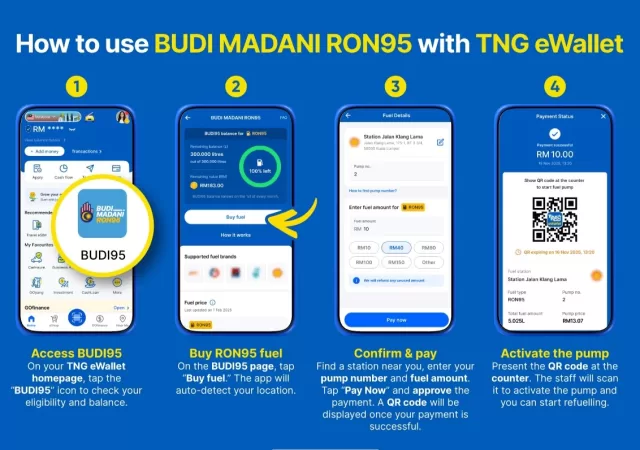BEIJING, Jan. 8, 2021 — A news report by China.org.cn on China’s recent campaign for bridging the digital divide for the elderly:
 
Starting this January, many popular Chinese apps and websites such as WeChat, Taobao and Douyin will be redesigned to make them more senior-friendly.
These redesigns are aimed at solving challenges faced by the elderly in using new intelligent technologies. Specifically, the measures include: launching senior-friendly products with accessible and easy-to-use interfaces; and improving the accuracy of dialect-recognition systems to allow the elderly who can’t speak Mandarin to use voice commands. Also, on apps set to "senior mode," there will be no mobile ads, or any design that lures people into extra payments; and people over 65 will be able to reach a customer services representative over the phone without the need to follow overly complicated voice prompts or input text via keypad. According to reports, 115 websites and 43 apps are planning to roll out custom features and barrier-free designs for the elderly this year.
Many have described these new changes as truly heartwarming.
Nowadays, people in China use their cellphones for everything: Ordering taxis, making payments, booking train tickets and ordering takeaway. However, among the 274 million senior cellphone users in China, nearly 140 million don’t have internet access or never enjoyed the benefits of a smartphone. As smart technology becomes increasingly widespread, the elderly can sometimes run into problems. For example, due to the COVID-19 pandemic, a "health code" is required to enter many public places in China. However, this has made it difficult for many senior citizens to get around if they don’t know how to use a smartphone or the "health code." Therefore, recently, the call for solving the difficulties that the elderly face when using smart technology has become stronger in China.
Making websites and apps more senior-friendly is a new campaign initiated by the Chinese government to help the elderly bridge the digital divide, which responds to the needs of the people.
In China, a country that values respect for one’s elders, these measures demonstrate the tradition of caring for the elderly. In the context of an ageing population, China hopes to improve services for the elderly through these thoughtful and timely policies to let them share in the fruits of the booming digital economy.
If China’s app-based and smart technology innovations that have attracted world’s attention reflect the "speed" of development, these redesigns and custom measures reflect the "warmth" of policies. Improving technologies, changing ways of thinking and adjusting policies to provide custom solutions for the elderly shows human-centered care in tune with the demands of the times and society.
China Mosaic
http://www.china.org.cn/video/node_7230027.htm
Senior-friendly apps: Making technology more accessible
http://www.china.org.cn/video/2021-01/08/content_77094282.htm
Related Links :
http://www.china.org.cn





